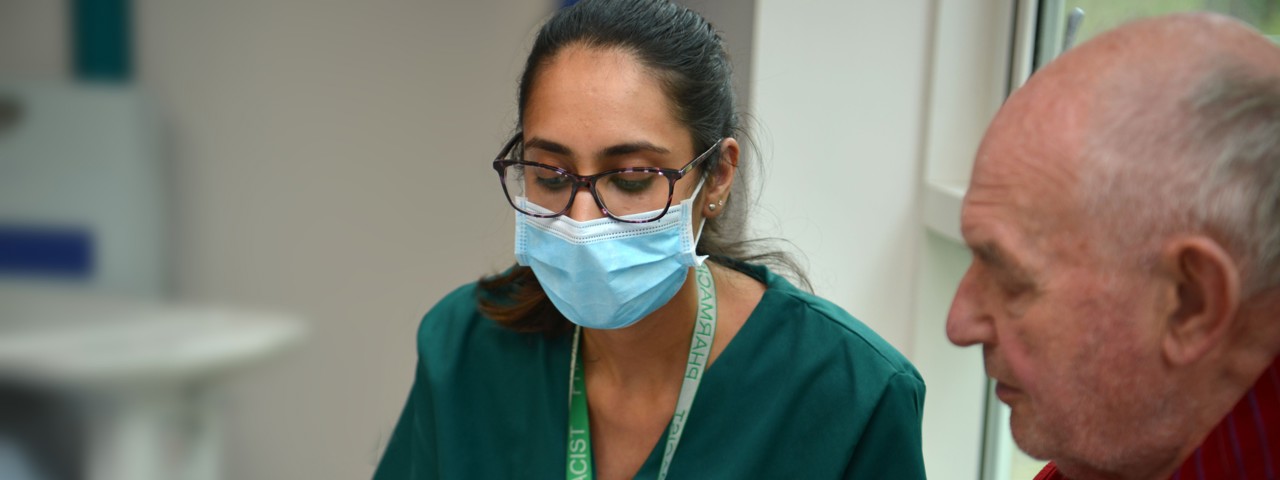SAM suction unit user guide
Guide to assist patients in the use and maintenance of a home suction unit, in order to optimise function, patient safety and unit effectiveness
Read more
Guide to assist patients in the use and maintenance of a home suction unit, in order to optimise function, patient safety and unit effectiveness
Read moreFor patients with an injury/suspected fracture of the scaphoid (wrist) bone - explains what happens next
Read moreOutlines the benefits of scar massage following breast cancer surgery, and explains how to do it
Read moreOutlines the benefits of scar massage following skin surgery, and explains how to do it
Read moreThis leaflet gives you information and advice about scar tissue mobilisation (massage) for childbirth scars (following tears or an episiotomy).
Read moreInformation about treatment options for hallus valgus (bunions)
Read moreAftercare advice following scopes (microlaryngoscopy, endoscopy / EUA of throat)
Read moreFor parents and carers of all babies less than 32-weeks gestational age or birth weight under 1501 grams (3lb)) - explains what ROP is and how and why we screen for it
Read moreProvides information about the screening tests offered during and after pregnancy. This takes you to the GOV.UK website.
Read moreExplains what flu is, how it is spread it and gives advice on prevention and managing symptoms
Read moreAims to answer some of the questions that you/ your child may have about their sedation
Read moreAdvice following “conscious sedation” during a radiology examination
Read moreGives advice following conscious sedation in the Emergency Department (A&E)
Read moreAdvice for parents and carers of children who have had sedation in the Emergency Department (A&E)
Read moreInformation and advice for adult patients having sedation during a procedure
Read moreExplains what it means to be sedated and what the risks involved are
Read moreA diagnostic procedure which looks at one aspect of the function of your bowel
Read moreInformation about selective laser trabeculoplasty (SLT) and includes risks, benefits and aftercare information
Read moreInformation about ‘self focus for women’ - a set of tasks to help you to know your body better
Read moreGives safe and easy instructions to administer injections of Enoxaparin or Tinzaparin (blood thinners) at home
Read more